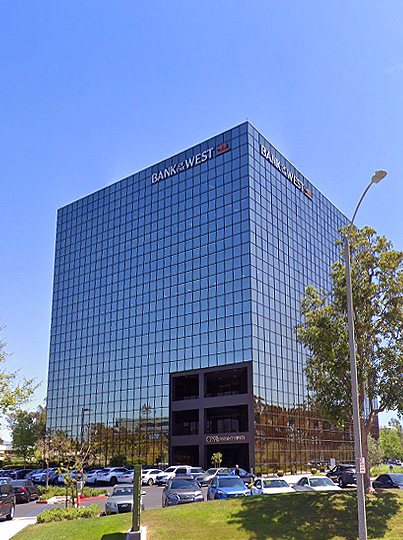Why Giving a Recorded Statement After an Accident Is Not Such a Good Idea!

Have you ever been involved in a car, motorcycle, bicycle, or other vehicle accident, and when you’re calling to report the accident with your insurance company, an insurance adjustor asks you for a recorded statement? We genuinely hope you are never a victim of personal injury, but if you are someday…
Here are some strong reasons why giving the insurance company a recorded statement is bad idea.
First, other than determining what exactly occurred in the accident, there is no rule, requirement, or law that an injured person provide a recorded statement to the adverse insurance company. Many adjusters will try to pressure you to obtain a recorded statement by telling you things like “I can’t process the claim without it,” or “without a recorded statement we will close our file.” But we encourage you not to give into the pressure and respond!
These type of statements from an insurance company tend to intimidate those who have just endured the stress of a personal injury. The insurance company will delay handling your property damage claim until they obtain a statement. This can place additional pressure on you, as a personal injury victim, and your answers can be later used against you. The questions asked by someone who is professionally trained to obtain information in a certain way, and the way you answer them, can cause your claim to be accepted or denied. While you think you are just giving the facts about how the accident occurred, often those answers can be later used against you in the handling of your claim.
If the insurance company is your own insurance company, you may have a duty to provide a recorded statement. Otherwise, they may take a “reservation of rights” later, if your claim turns into an uninsured or underinsured claim. If you have an uninsured or underinsured claim, your insurance company takes on an adversarial position, and they may treat you the same as if you were a third- party making a claim. Many of our clients are surprised in this situation, since they are dealing with their own insurance company and feel that after all the years of paying premiums, their insurance carrier will treat them better than they will treat a third-party. Unfortunately, many times this is not the treatment they receive.
It is important to know, if you do choose to give a recorded statement, everything that you say in the statement can be used against you during the handling of your claim at trial, during arbitration, or during mediation. Your recorded statement cannot help you, but it can certainly hurt you.
If you feel compelled to give the adjuster information regarding the accident, consider refusing a recorded statement. Instead, offer the adjuster the opportunity to simply take notes. The odds of this being used against you are much less because the adjuster would have to appear at trial as a witness. Always stick to the facts and do not offer any suppositions or assumptions. Many insurance companies send their adjusters to classes to learn how to elicit responses that are helpful in the defense of their case. While the adjuster may be simply trying to gather information, some adjusters are clearly attempting to create defensiveness when asking their questions.
The insurance company may inquire about your injuries, but there is a trap in this approach, since when you provide a recorded statement shortly after your accident, you do not yet know the extent of your injuries. Your injuries may turn out to be more serious than you indicate in a recorded statement that is taken few days after the accident. Further down the line, the insurance company may say you told them your injuries were not serious.
One area that adjusters always inquire about in recorded statements is “how you perceive the accident.” Often, they ask leading questions such as “when did you first hit your brakes?” Or “when did you first see the other vehicle?” or “what invasive actions did you take?” In each of these instances, they are assuming facts that may not be accurate. Obviously, they are hoping that they can gather admissions from you that may enable them to attribute some responsibility for part of the accident to you.
You should always consult with an experienced law firm like Allen Flatt Ballidis & Leslie before giving any recorded statements to the other party’s insurance adjuster—and even before giving information to the adjuster for your own insurance company. Contact us immediately after an accident, so we can handle the details for you and obtain the best possible outcome on your behalf at (949) 752-7474 or email us at contactus@allenflatt.com.
Even if you aren't sure you have a case, give us a call at (888) 752-7474, or fill out our Free Case Review below.
We are here to help.
 RSS
RSS


